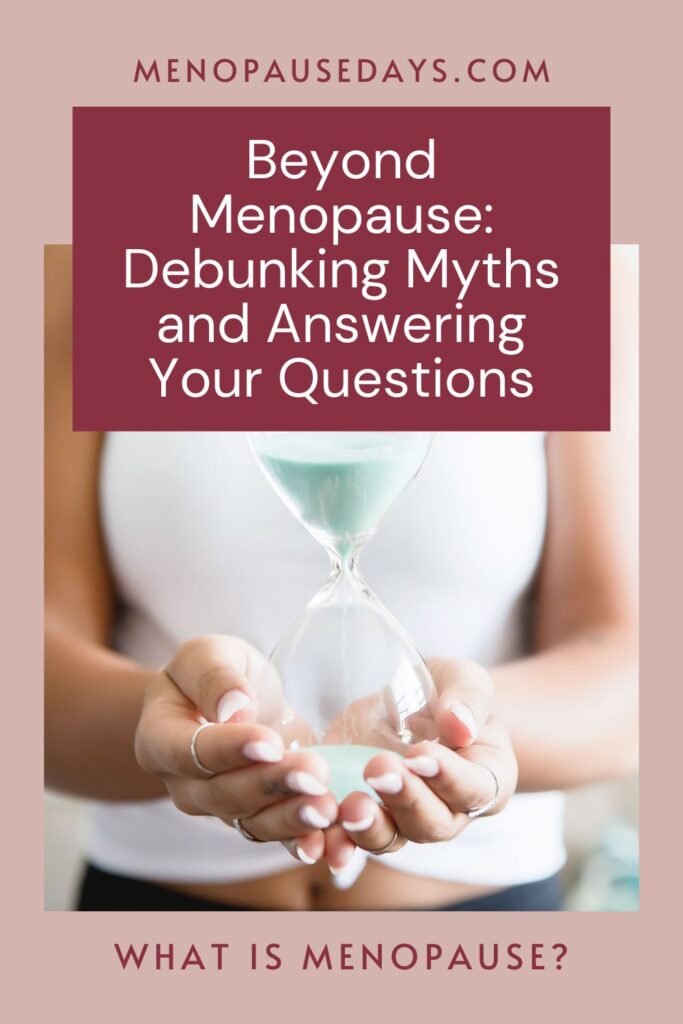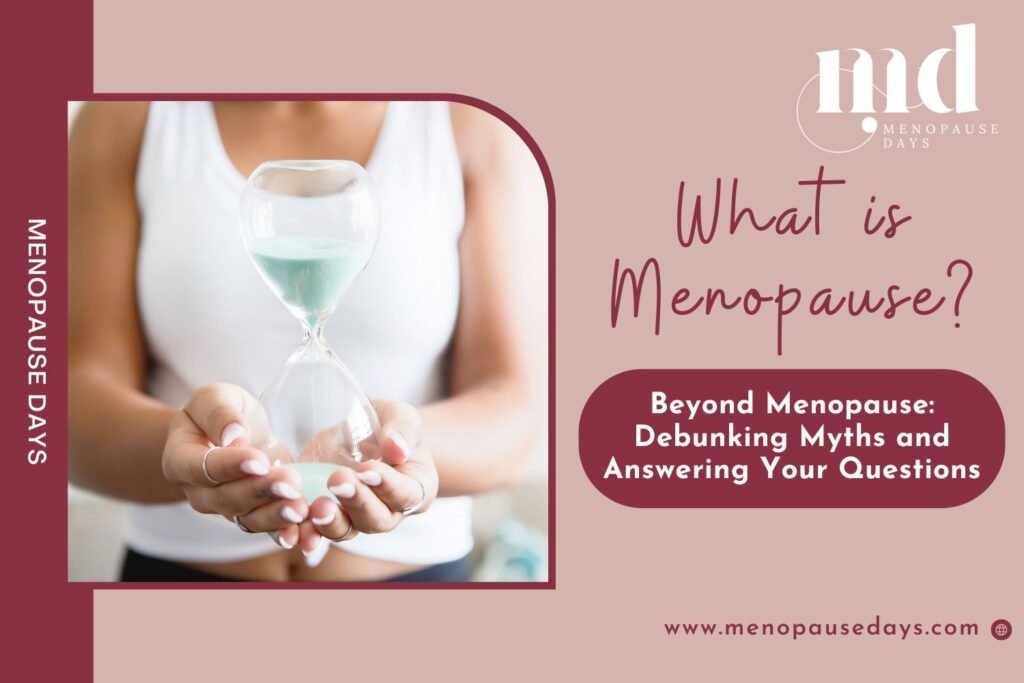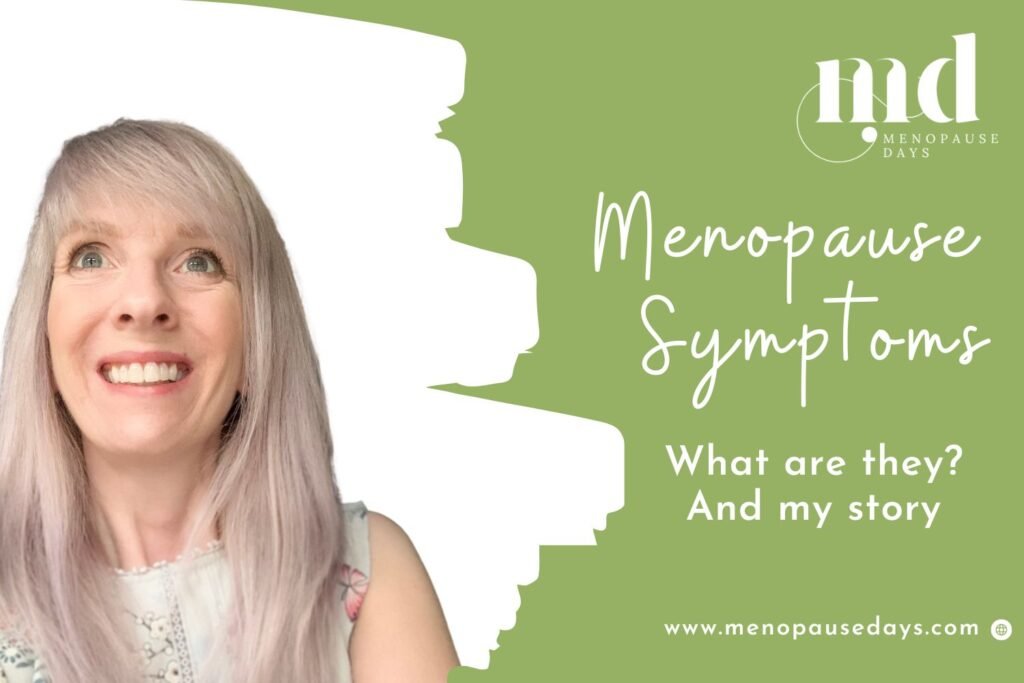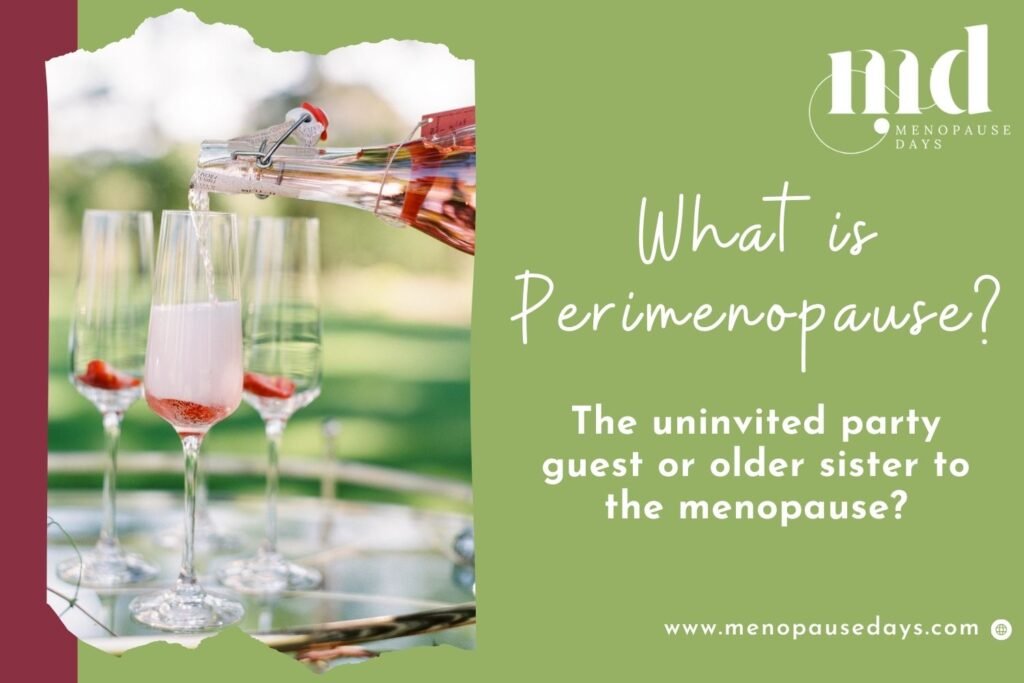BEYOND MENOPAUSE: DEBUNKING MYTHS AND ANSWERING YOUR QUESTIONS
Welcome to my blog, where we delve into the world of menopause and explore its impact on women’s lives. Whether you’re approaching this stage or supporting someone who is, this article aims to provide you with valuable insights into menopause.
Today, we’ll cover the basics – from its definition and causes to the symptoms, effects on the body, available treatments, and even the potential for pregnancy afterwards. Yep, you read that right while going through menopause there is a chance you can still get pregnant so keep reading to find out what you need to know about menopause.

What is menopause?
Menopause marks the end of a woman’s reproductive years. It is a natural biological process that occurs when the ovaries stop releasing eggs each month, leading to a decline in hormone production – specifically, oestrogen and progesterone. This is usually 12 months after your last period. This is known as natural menopause but when you’re experiencing a difficult menopause, it often doesn’t feel very natural and more like a giant torture experiment or episode of “Squid Game”. If you’re going through a bad time at the moment with the menopause I think you can identify with this!
Many of us tend to think of menopause as the time leading up to this and after periods have stopped but this is called perimenopause (see blog my post on perimenopause). This transition brings about various changes, both physical and emotional, as the body adapts to this new phase of life.
This whole process can take many years and for many, it can sometimes feel like a lifetime. I know from my own experience of menopause there were numerous times I just didn’t understand what was happening to me and it was very lonely to experience even though I was surrounded by family and friends. That’s one of the reasons I’ve retrained so I can help you and make sure your experience of menopause is not like mine was.
What age does menopause happen?
While menopause typically occurs between the ages of 45 and 55, it can vary for each woman. The average age in the UK is 51. Some may experience it earlier before the age of 45, known as early menopause, while others may undergo it later.
The timing is influenced by a combination of genetic factors, lifestyle choices, and overall health.
What causes early menopause?
Early menopause can be triggered by various factors such as genetics, family history, certain medical treatments (like chemotherapy or radiation), surgical procedures (ie a hysterectomy, removal of ovaries will cause menopause symptoms immediately), autoimmune diseases, and lifestyle choices (such as smoking or excessive alcohol consumption).
Understanding the potential causes can help women recognise and address any concerns they may have.
I started to experience more menopause symptoms about a year after my hysterectomy. I was warned about this before the operation, that menopause symptoms tend to start a year or 2 years after the operation. But I had been told I was perimenopause in my late 30s. At the time I wasn’t educated on what this meant to me and my body. I didn’t know it was classed as an early menopause and it was never investigated as to why it was happening to me.
For many like me, they never find any medical reason for why they are experiencing early menopause. If menopause happens before you are 40, this can be premature ovarian insufficiency.

MENOPAUSE SYMPTOMS
Menopause brings a range of symptoms, and while each woman’s experience may differ, there are common signs to look out for. Hot flashes, night sweats, mood swings, vaginal dryness, sleep disturbances, and changes in menstrual patterns are some of the most frequently reported symptoms.
They can also include headaches, tiredness, irritability, difficulty sleeping, depression, anxiety, palpitations, joint pain, loss of sex drive, feelings of not coping like you used to, and changes to skin and hair.
I’ve experienced a wide range of symptoms with perimenopause and menopause, some of which have impacted my life dramatically. I just wish now I had understood what was happening to me and what lifestyle changes I could have made to make my life more bearable. And I’m not alone in experiencing symptoms, about 8 out of 10 women will experience menopause symptoms at some point.
A quarter of women will have severe symptoms that impact day-to-day life. For some women symptoms might only last a few months for others it can be for years. Over 50% of women will experience the menopause for over 7 years.
It’s essential to remember that every woman’s journey is unique, and seeking support from a healthcare professional or coach can help manage these symptoms effectively.
How does menopause affect your body?
The hormonal changes during menopause affect the body in various ways. Oestrogen plays a vital role in maintaining bone density, so its decline can increase the risk of osteoporosis (thinning of the bone).
Additionally, changes in hormone levels can impact cardiovascular health, metabolism, and even cognitive function. Understanding these effects can empower women to make informed decisions about their well-being and lifestyle during this transitional phase.
Is there a test for menopause?
There isn’t a definitive test to diagnose menopause. It is usually diagnosed by your typical symptoms. However, doctors may conduct blood tests to measure hormone levels and rule out other potential causes of symptoms. These tests can help provide insights into hormone fluctuations and guide treatment options tailored to individual needs.

Menopause Treatment
The goal of menopause treatment is to alleviate symptoms and improve overall quality of life. Treatment options range from lifestyle changes, such as regular exercise and a balanced diet, to hormone replacement therapy (HRT), which can help manage hormonal imbalances. HRT is available as tablets, skin patches and gels applied to the skin.
There are many different brands of HRT available so that you can find one that suits you. If you can’t take HRT due to other health factors there are alternatives and I will discuss these in a future blog post.
It’s crucial to discuss all these options with a healthcare professional to determine the most suitable approach for you. If you need help understanding the different treatment options available to you this is something that can be discussed in a coaching session.
Can you get pregnant after menopause?
While menopause marks the end of natural fertility, it’s important to note that pregnancy is still possible in certain cases. Women should continue to use contraception until they have confirmed menopause through a prolonged absence of menstrual periods for at least one year, if 50 or over and for 2 years if under 50. However, it’s always advisable to consult with a healthcare professional for personalised guidance and advice.
And finally…
Menopause is a significant life transition that every woman will experience. By understanding menopause, its symptoms, its effects on the body, available treatments, and fertility considerations, we can navigate this phase with confidence and grace.
Remember, you’re not alone on this journey. Seek support, stay informed, and embrace the changes that come with this new chapter of life. For further help or to work with me, please see available coaching.




